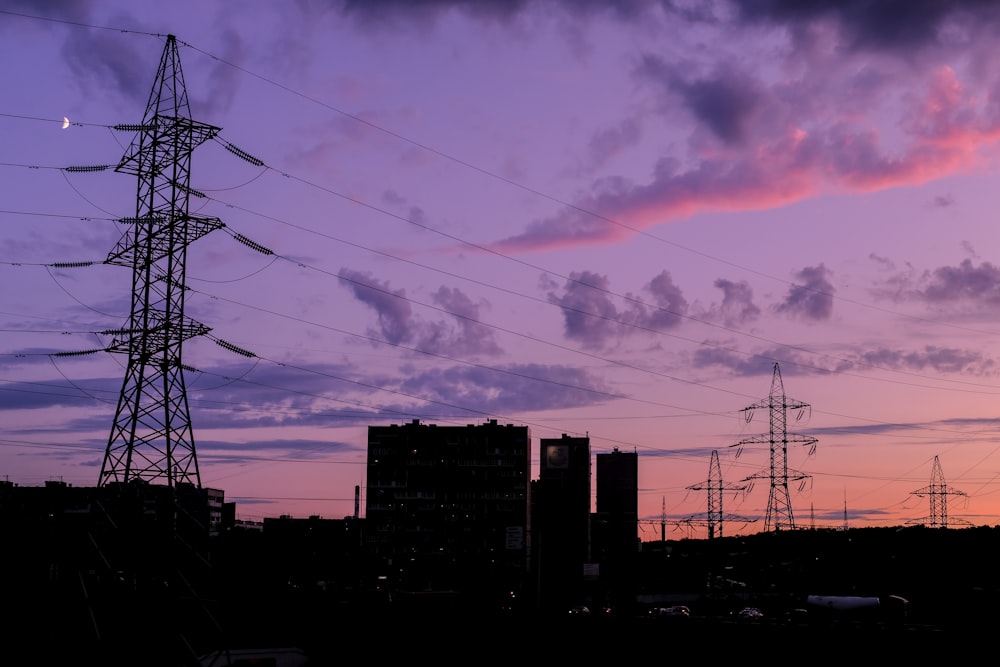Somehow power outages always seem to catch us at the worse times. Yet when they happen, most of use are not only caught unprepared, but really don’t know what to do with ourselves once the power goes out. Here are some tips that should help keep you in the light the next time you have a blackout.

Safety Issues
- Purchase needed items for your home, office and car including: flashlights, batteries, AM/FM battery powered radio, rechargeable power failure lights, wind up or battery alarm clock, and light sticks.
- Have a 72-hour emergency kit for each family member.
- Keep cash and change on hand. In power failures ATMs may not work and you may need to make a phone call at a pay phone.
- Phones with answering machines and cordless phones are power dependent. Have at least one phone that does not require power in case you need to call 9-1-1. Keep your cell phone powered up.
- Familiarize yourself with your main electrical panel. You may have to turn off the main breaker or have to reset circuit breakers after an outage.
- If you use your fireplace for heat, be responsible! Don’t burn wood with paint or stain. Do not leave an open flame. Make sure you close your fireplace screen to prevent sparks from flying. Do not store newspapers, kindling, or matches near the fireplace.
- If you use candles for lighting, place them on a fire proof surface.
- Make sure you have smoke detectors in appropriate rooms. Change the batteries regularly, preferably every 6 months, and test them monthly. If your smoke detectors are wired directly into the electrical system of your home they will not operate during a power failure unless the batteries are working. Special smoke detectors are available for people with hearing impairment.
- Have a fire extinguisher and know how to operate it. Have a fire evacuation plan and practice fire drills.
- During the power outage, unplug all small appliances and electronics to avoid damage from power surge. Leave one low wattage incandescent light on so you know when the power comes back on.
- When power comes back on you may have to reset your clocks, VCRs, microwave ovens, programmable thermostats, burglar and fire alarms.
Security Issues
- Have a plan for checking on and reuniting family members.
- Stay home and be safe during a power outage. Stores and gas stations may be closed. Don’t add to the confusion by driving around.
- During an area-wide power outage, traffic signals may be out. If so, remember the intersection becomes a 4-way Stop.
- Watch for suspicious activity. Criminals may decide to take advantage of the power outage. Always call 9-1-1 if you notice suspicious activity.
Health Issues
- Focus on children’s needs. Provide flashlights or light sticks for each child that they can keep by their bed and in their backpacks. Discuss living without electricity and how the outage is usually short term.
- Elderly people and people with disabilities who are on power-dependent medical devices should arrange for back –up power with their vendors. Power-dependent devices include: medication pumps connected to IV, including pain control, anti-arrhythmia and chemotherapy; dialysis machines; home ventilators; and backup oxygen tanks.
- People who are medically dependent on electricity may need portable generators. Safely store fuel only in approved containers, outside, never in garages. Operate generators only outside, ensuring that exhaust will not enter the home through vents or windows. Only use fresh gasoline because old gasoline can ignite. Plug appliances directly into the generator using heavy-duty extension cords. NEVER attach generators to the facility current.
- All hospitals are required to have backup power. Medically dependent persons without adequate back-up power can call 911 for transport to a hospital where power can be supplied until the outage is over.
- Have a first aid kit in your home, office, and car. Take first aid and CPR training.
- Sewer pump stations have limited storage capacity. Limit all water usage, and avoid flushing your toilet during a power outage.
- Be a good neighbor and check on any neighbors with special needs: elderly people, people with disabilities, and children who are home alone during a power outage. They may need your help.
Contact Your Power Company
In the event of a power outage, reporting the outage can be easy! Please note that after hours phone calls may be transferred to an “answering machine.” Rest assured that once you leave your message, it will be sent to the proper people so that crews will be dispatched to fix the power.




